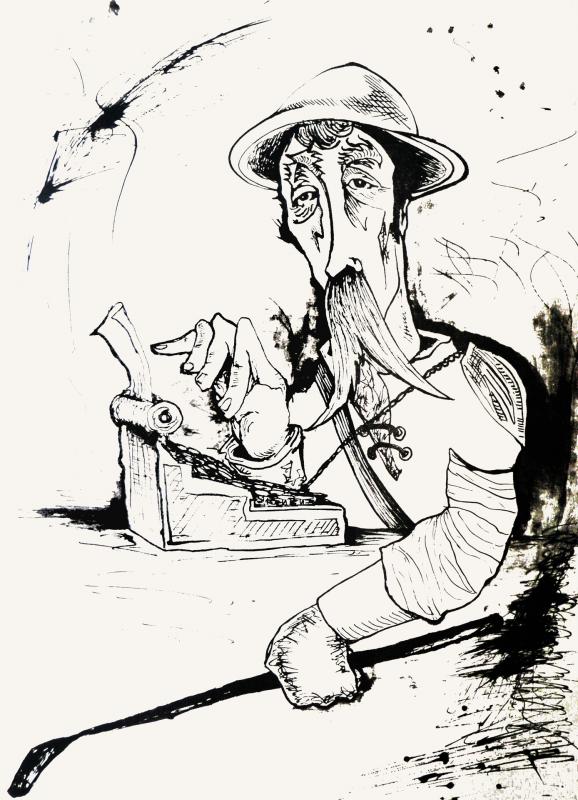Short stories need no defense. Unlike poetry, they do not languish at the margins of culture. They are bought and read by huge portions of the literate public. Literary Laundry can do no more than encourage America’s young writers to produce their best work and share it with as committed a community of readers as possible.
The following pieces are written in substantially different styles. Their aesthetic lineages will be apparent to every reader. All have come out of the endless moral crisis of the past century and are eloquent witnesses to the anxieties of our culture. But they are more: in their ways, they advance perspectives that the reader may ponder, agree or disagree with, and reshape entirely. Their artistry in melding style, narrative, and philosophy is impressive.
“The Man in the Refrigerator”—stuck beyond the mayonnaise, in fact—at once satirizes writers’ pretensions to psychological insight and mocks the readers who take them seriously. High culture, symbolized by The New Yorker, is absurd.
“Dominoes” portrays the life of a passive young man who watches his girlfriend flirt with another man. But while the girl is seduced by her neighbor, the reader is seduced by the malicious irony of the man; we are complicit in his cuckoldry, thinking idly, if only he were not so passive...
“After the Rainy Season” tracks two self-indulgent and impetuous American couples through their tour of Cambodia. Cambodia is not merely an exotic locale for the drama of their lives, however, but a victim of their incomprehension of the world around them.
“The Magician’s Assistant” follows a reporter throughout the week leading up to the execution of a prisoner, who was at first found to be mentally retarded but after being re-tested, was found to be right over the IQ limit. It suggests that the sleights-of-hand that govern our lives have real, and sometimes tragic, consequences.
“Independence Day” examines a romance between a teenage orphan and his foster mother, a rugged ranch woman. Their world is arid, aggressively amoral, and uncommunicative, yet their love is powerful.
These pieces all ask important questions–questions about love and friendship, culture, society, and our relationship to the events of our lives. Literature cannot resolve these issues, but it can refine them until the questions themselves are transformed. This is a familiar alchemy for many readers, and we hope that Literary Laundry may become a small but potent new alembic.

